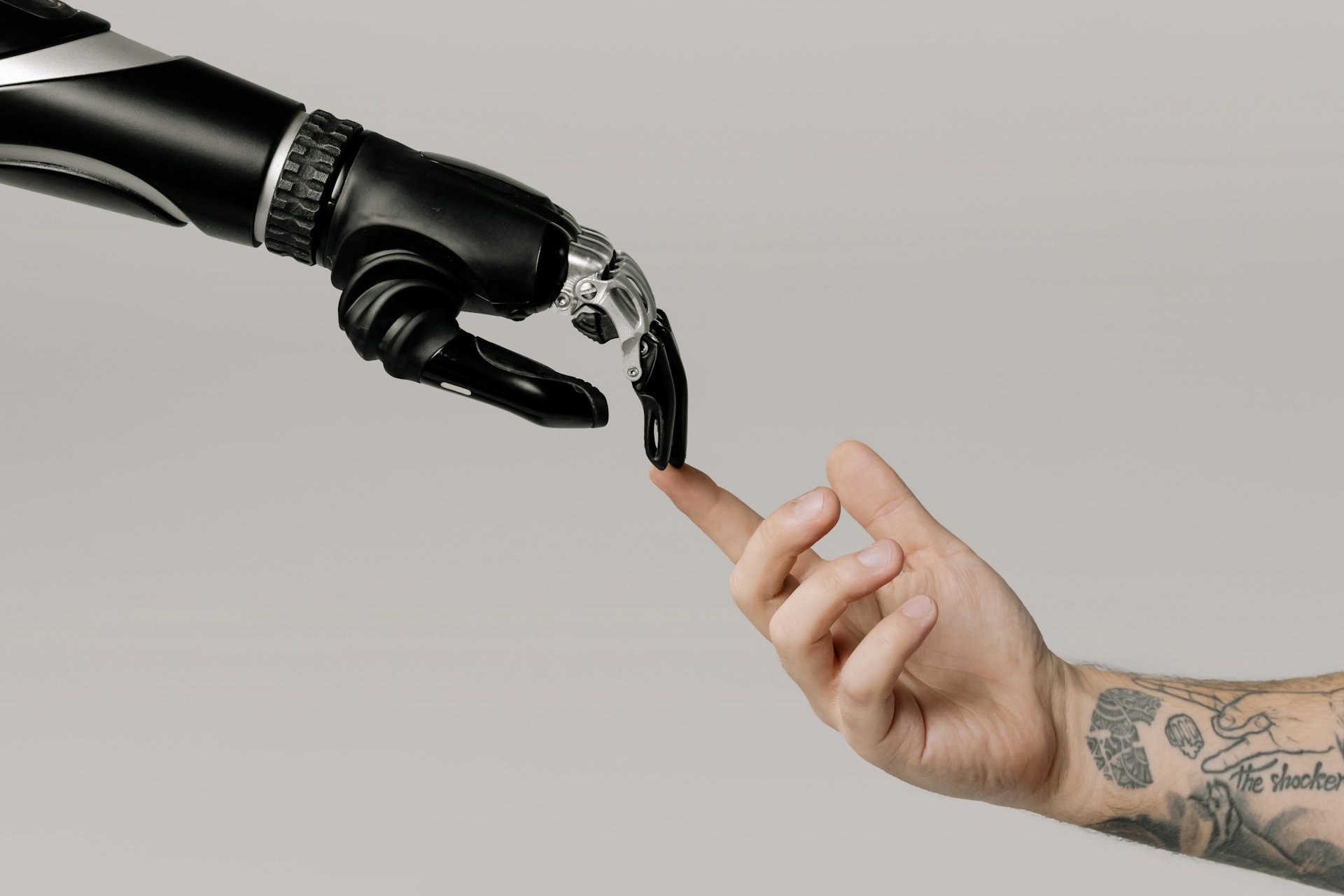Published July 4, 2024
Estimated read time: 3 min
Unlocking Potential: How Artificial Intelligence Can Help In Executive Coaching

Introduction
Gone are the days when artificial intelligence (AI) was merely a fascination for tech enthusiasts. Today, AI stands as a transformative force, reshaping the landscape of business operations and sparking curiosity about its untapped potential.Recently, Coachello,has introduced an innovative AI Coach, raising the question among executive coaches : Could AI be a collaborative ally rather than a job-threatening rival? This article explores the seamless integration of AI into executive coaching practices, shedding light on how it can elevate our coaching experiences to unprecedented levels of excellence.
Understanding AI: A Brief Overview
Definition and Evolution
Artificial intelligence, a field originating in the 1950s in the United States, aims to create machines capable of tasks demanding human intelligence. From language comprehension to pattern recognition, decision-making, and learning from data sets, AI utilizes algorithms, data, and computer programs to mirror intelligent behavior (Anyoha, 2017; BBC, 2023; Javapoint, n.d.; Roser 2022) .
How AI Works
In traditional programming, detailed instructions guide machines through predetermined actions. In AI, however, programmers provide goals and examples, allowing the machine to explore solutions independently. For instance, in image recognition, AI learns by examples, adapting its rules to recognize desired images, such as cats, in various conditions (Gkionaki, 2021).
Integrating AI Into Executive Coaching Practices
Automating Sessions and Administrative Tasks
AI presents opportunities to automate scheduling, note transcription, resource sharing, and progress tracking. This automation liberates coaches to focus on high-value tasks, enhancing overall coaching efficiency (Biswal, 2023; European Parliament, 2023).
Assessments and Personalized Development Plans
AI streamlines initial assessments of skills and identifies skill gaps, enabling the creation of personalized development plans. This dynamic approach offers upskilling opportunities not apparent in traditional assessments (Biswal, 2023; European Parliament, 2023).
Tracking Progress and Simulated Growth
AI facilitates result measurement, allowing coaches to track progress effectively. Moreover, AI can create simulations for clients to experiment with various solutions in a risk-free environment, fostering growth and learning (Anyoha, 2017).
Customization, Personalization, and Access
AI personalizes content for each client, tailoring recommendations and connecting clients with relevant resources or experts. This democratizes access to coaching, making it more accessible to a wider range of leaders (Anyoha, 2017; European Parliament, 2023).
Benefits of AI in Executive Coaching
AI provides a revolutionary edge to executive coaching, offering advantages such as enhanced customer experience, data-driven insights, streamlined workflows, and increased productivity. When integrated correctly, AI becomes a powerful ally, augmenting human coaches in providing exceptional support for their clients (Anyoha, 2017; Biswal, 2023).
Consequences of AI in Coaching
Despite its exciting potential, integrating AI into executive coaching comes with considerations. Striking a balance between leveraging AI capabilities and preserving the human connection is crucial to mitigate unintended consequences, including a potential reduction in the human touch and ethical concerns surrounding data privacy and security (Anyoha, 2017; Biswal, 2023).
Conclusion: Embracing AI for Growth
In conclusion, AI stands as an emerging technology poised to revolutionize executive coaching. By familiarizing ourselves with available tools and resources, we can harness AI's potential to elevate our coaching practices without replacing the invaluable human touch. Embracing AI opens doors to new opportunities for growth and success, propelling executive coaching to unprecedented levels of excellence for both coaches and clients alike. If you aspire to take your executive coaching to new heights, integrating AI is the key to unlocking untapped potential.